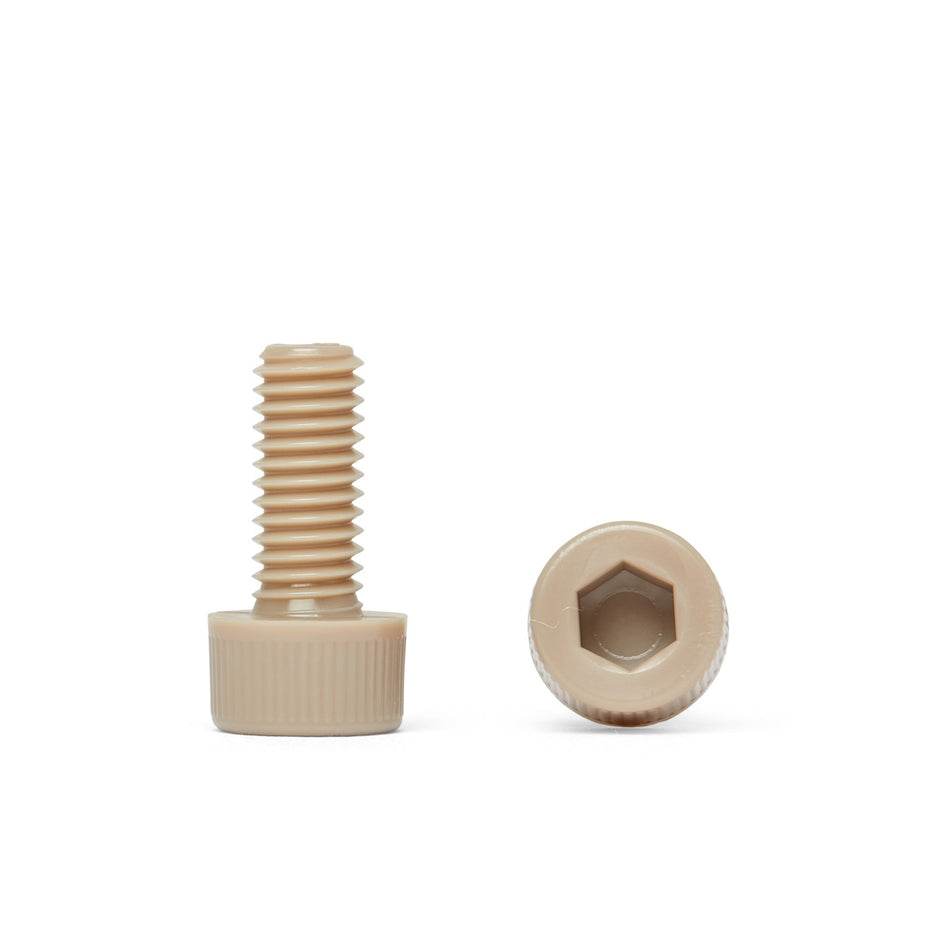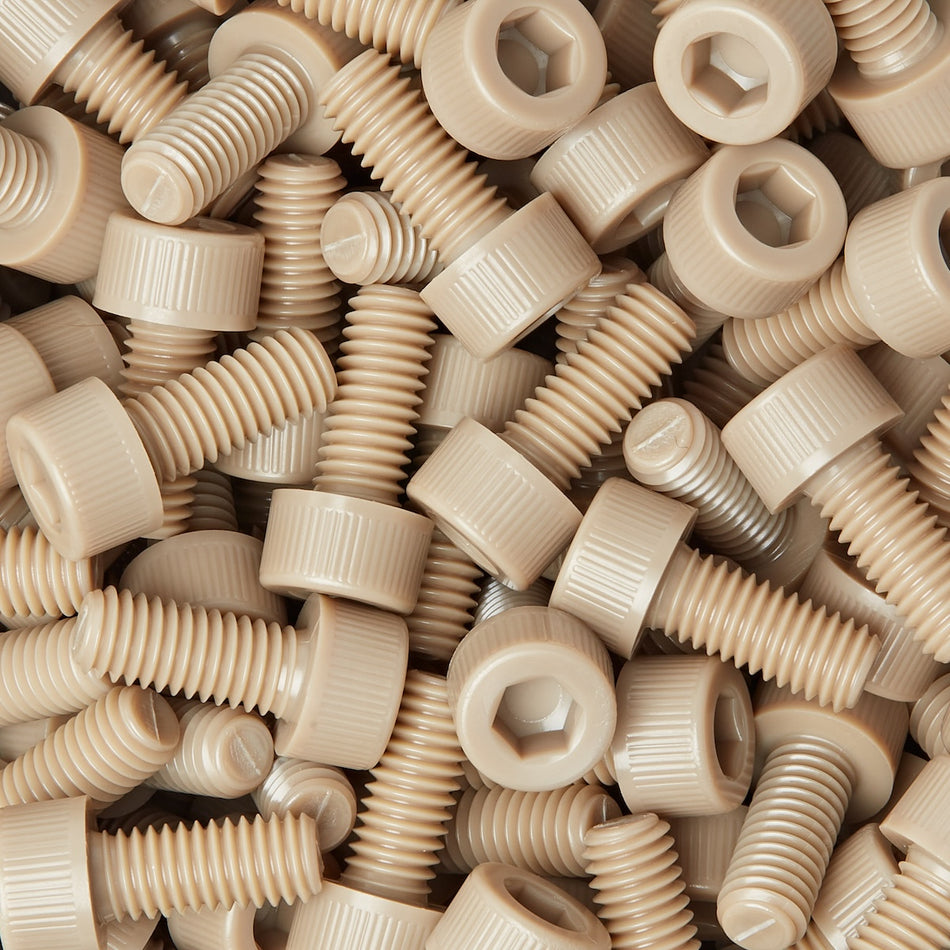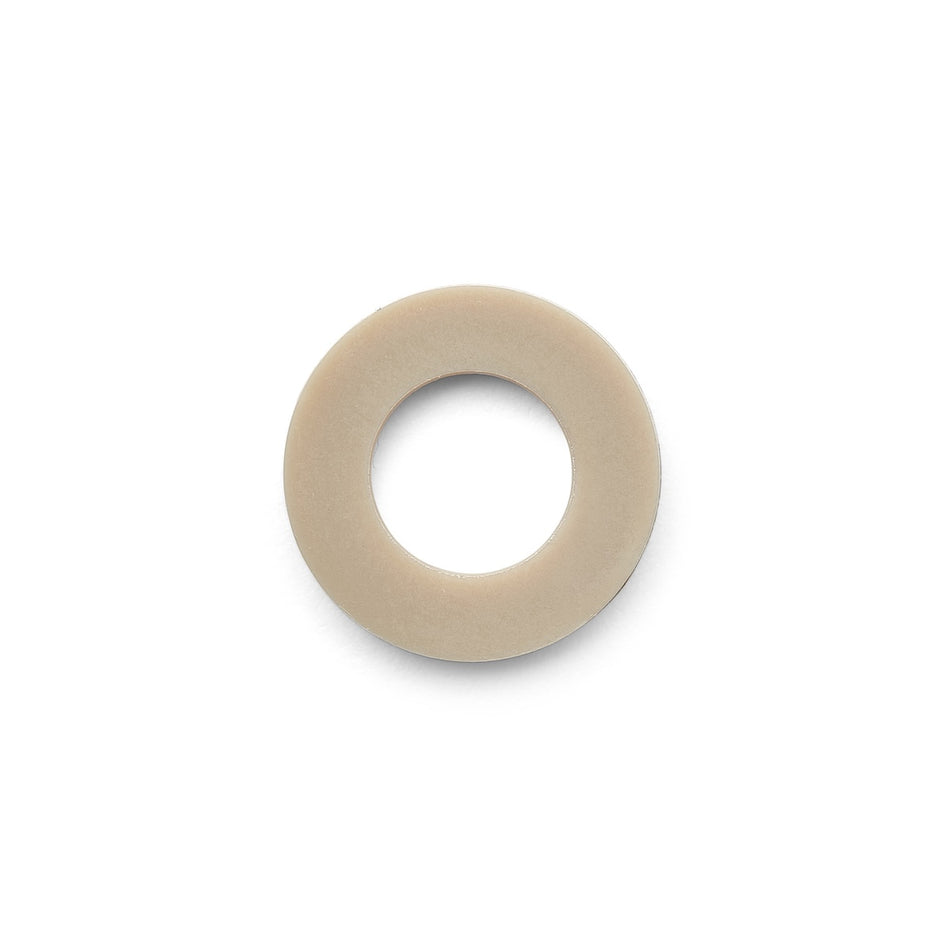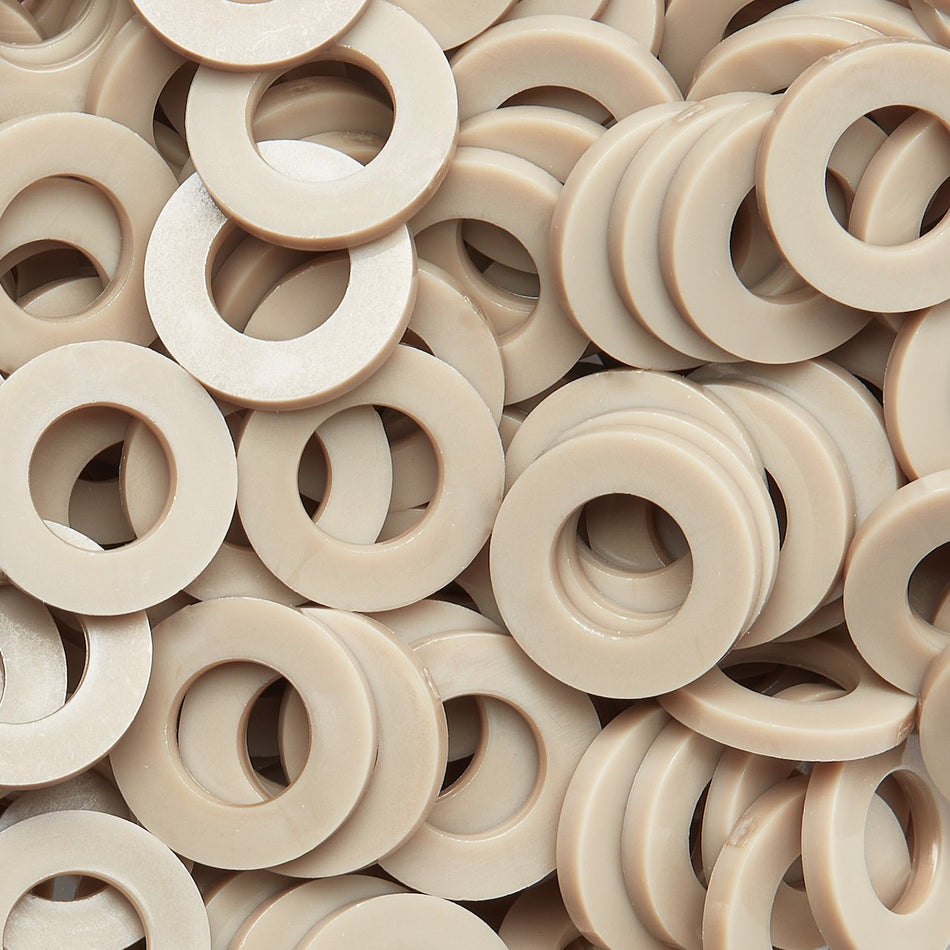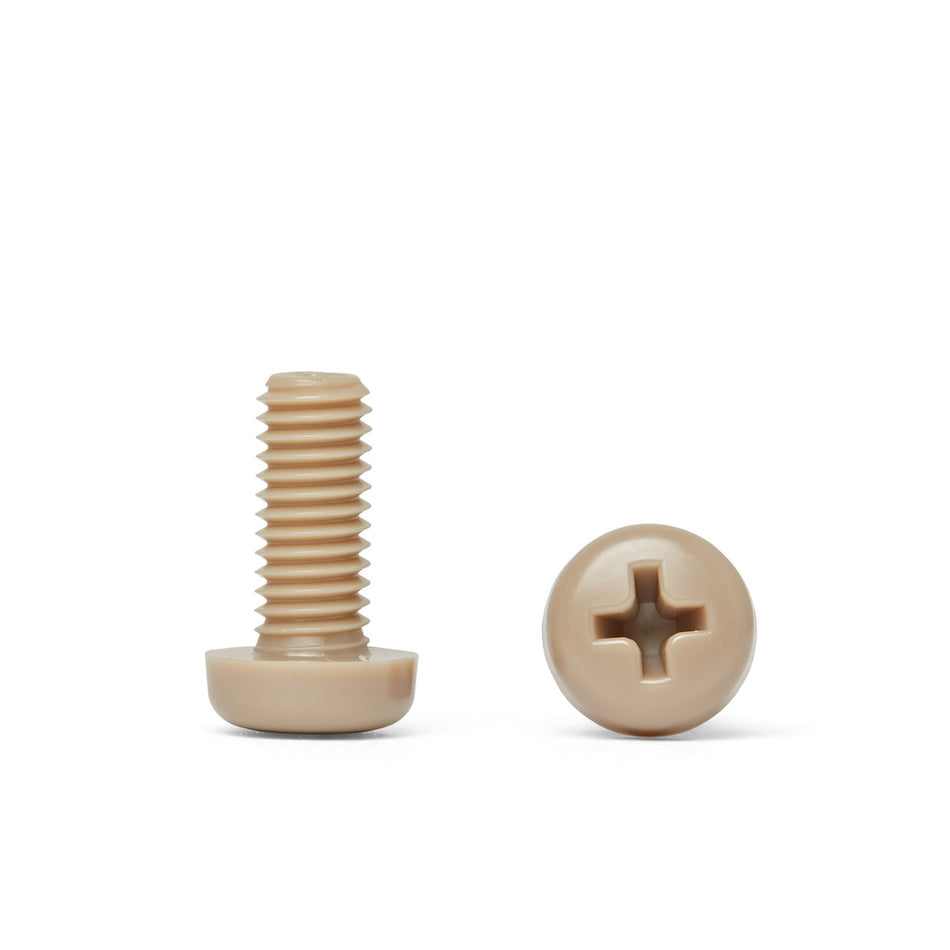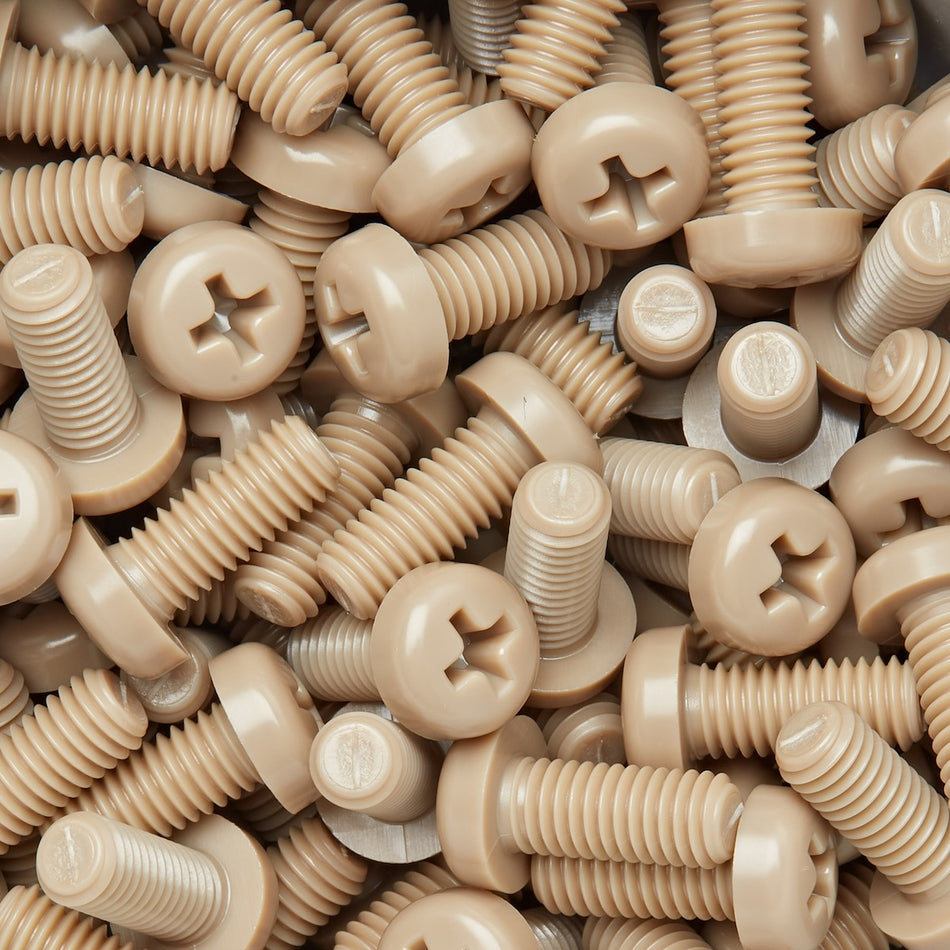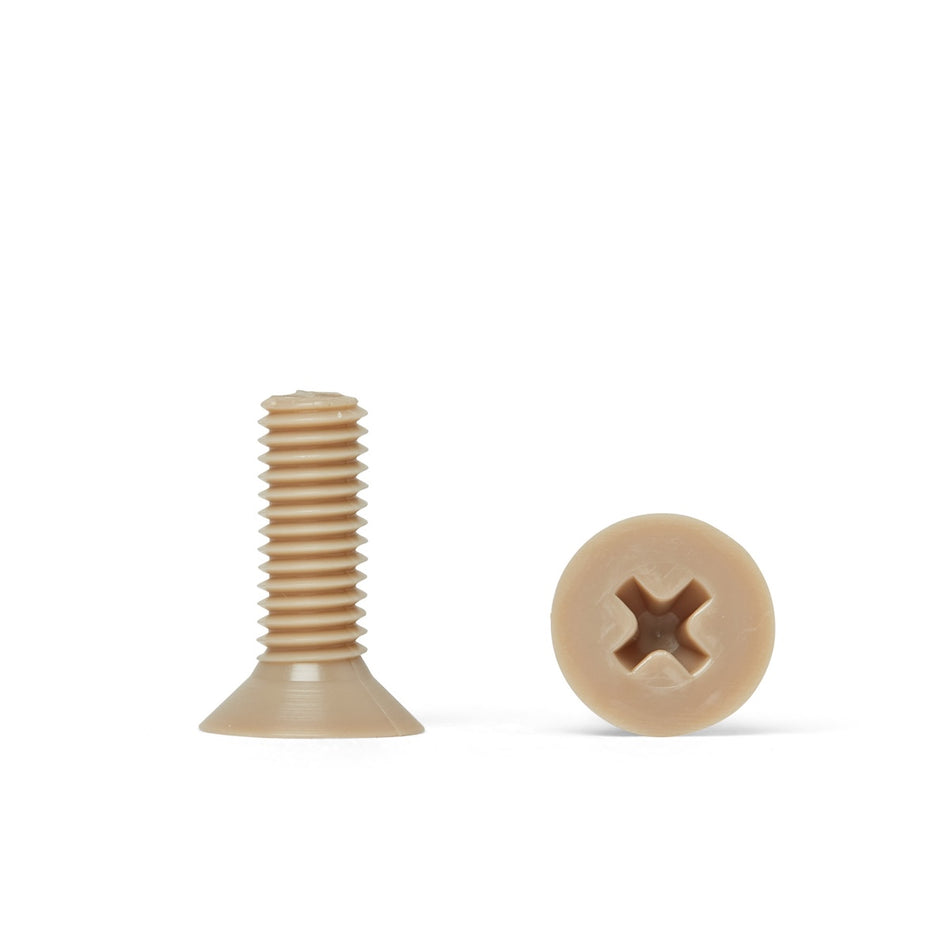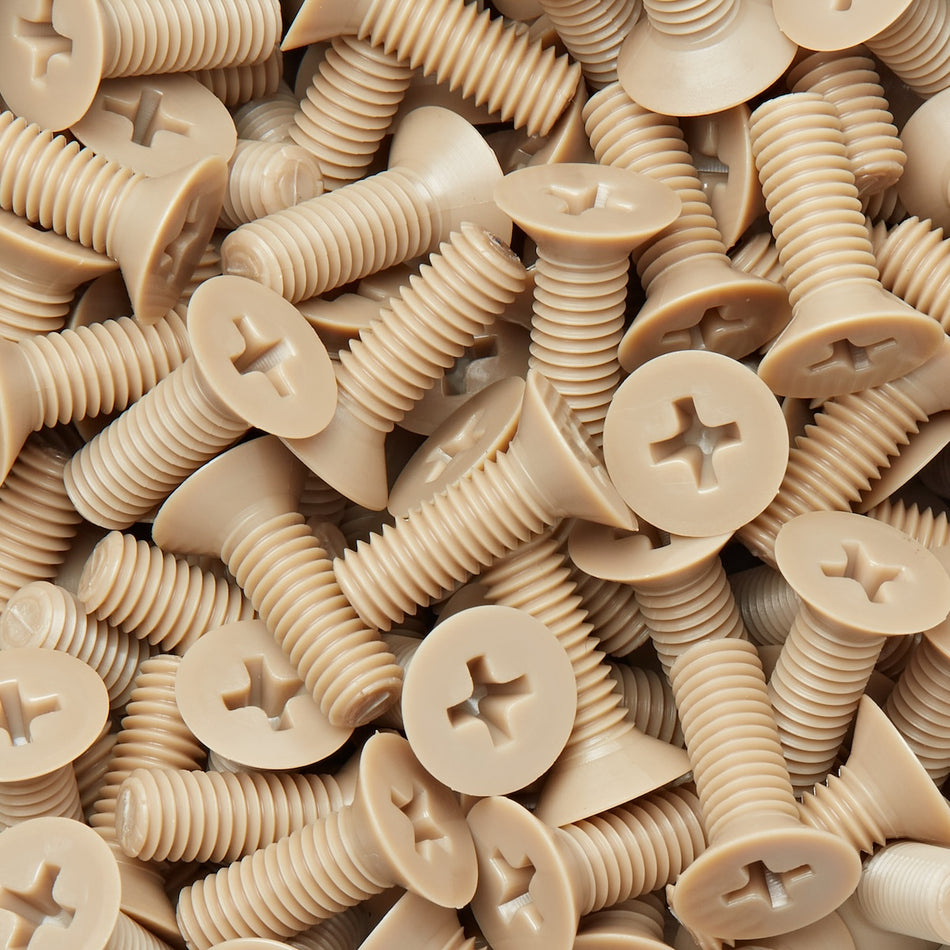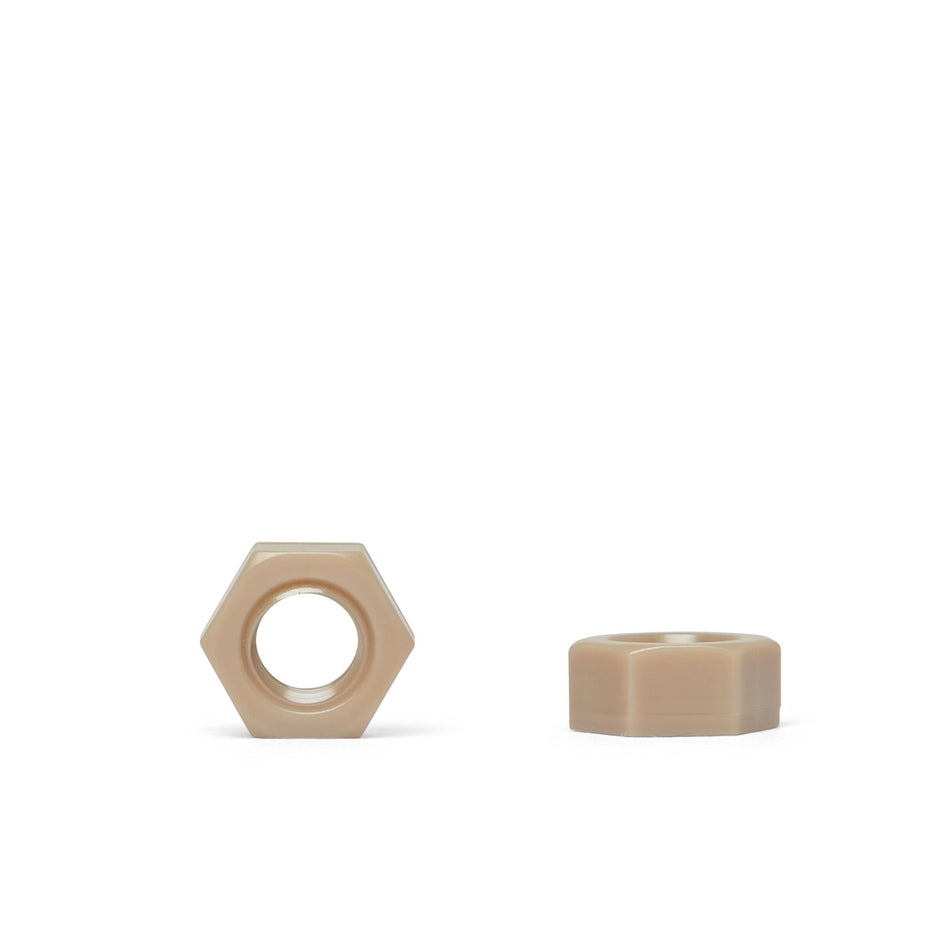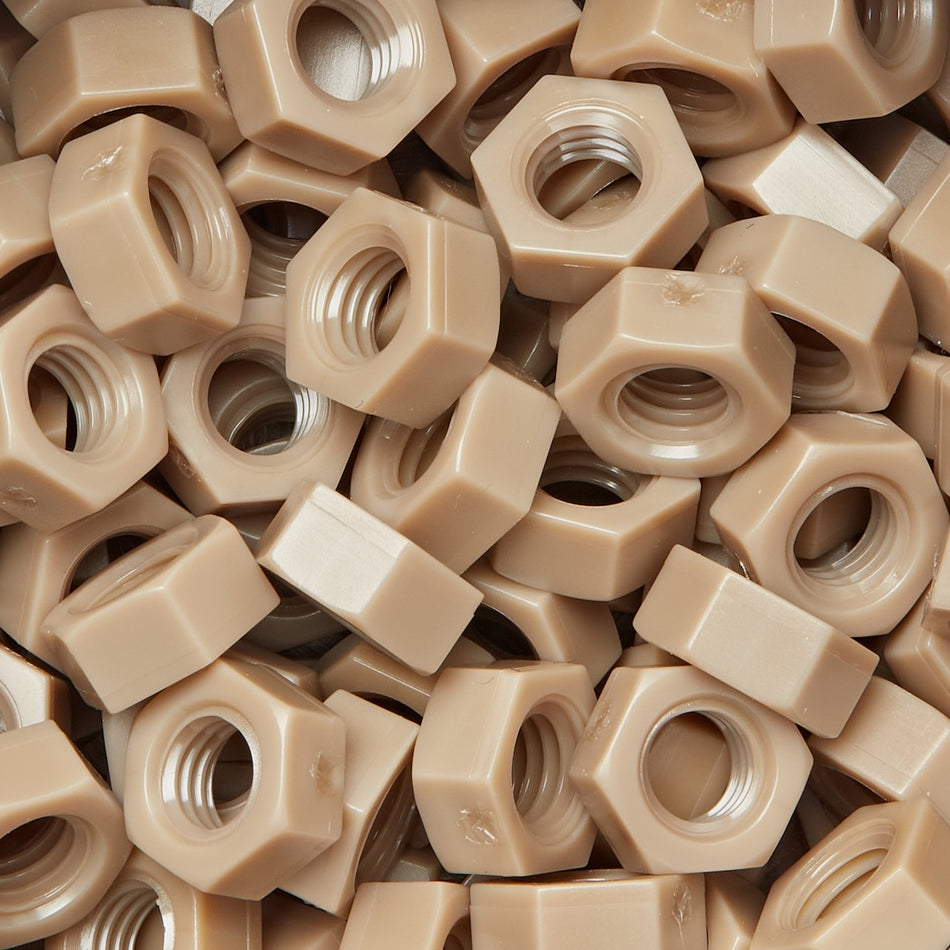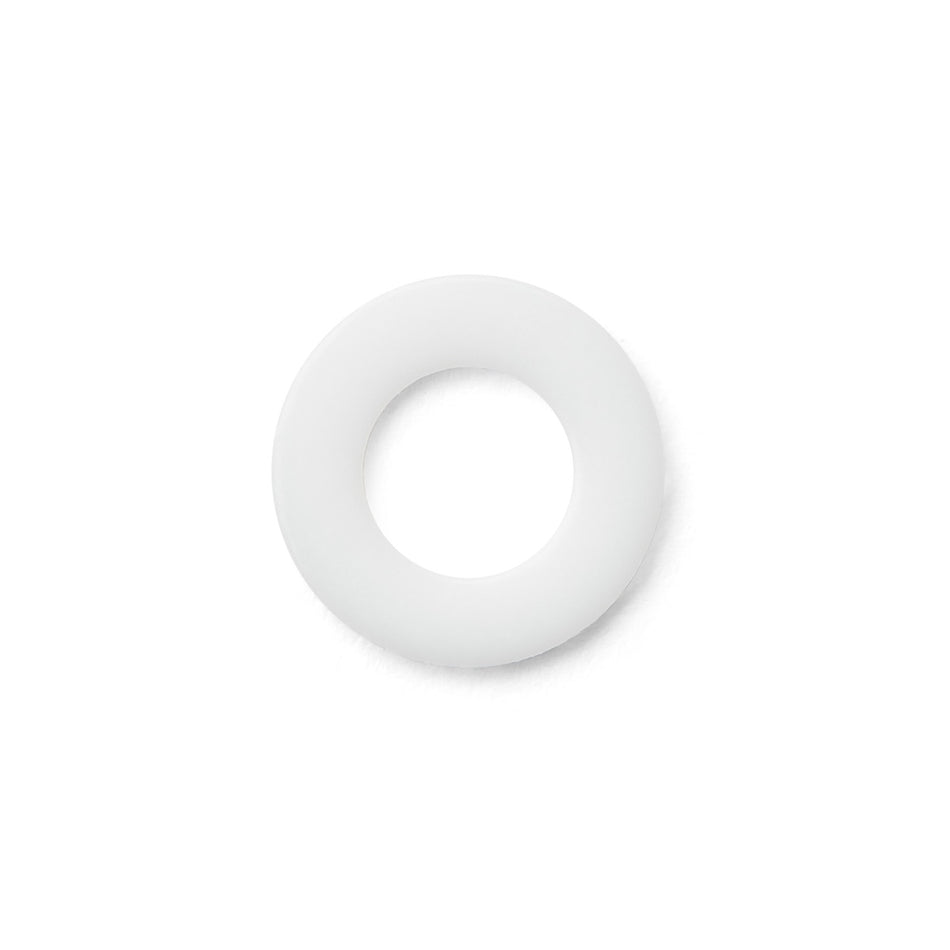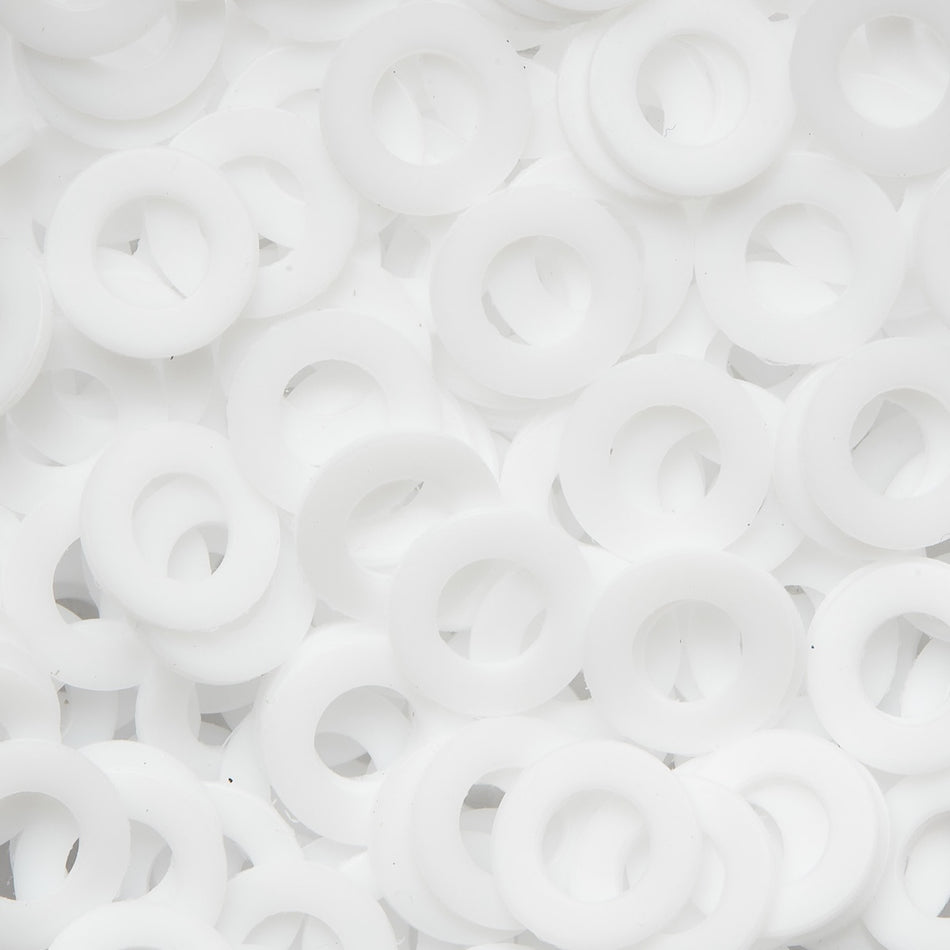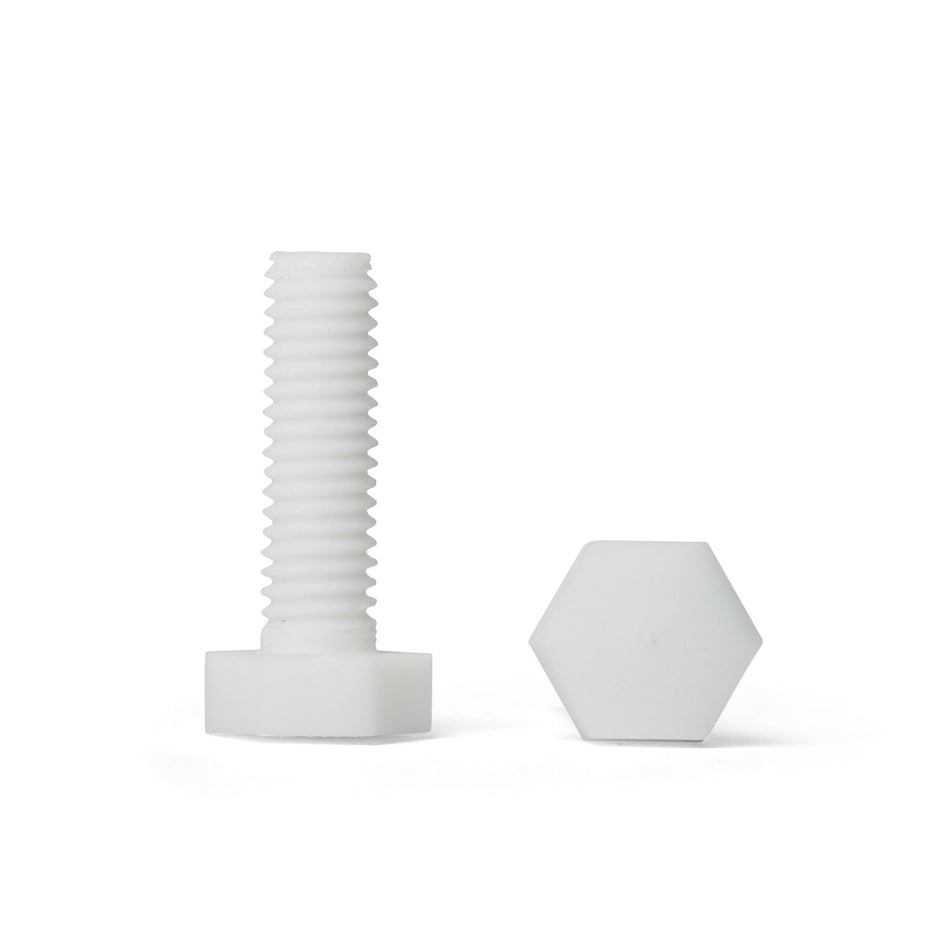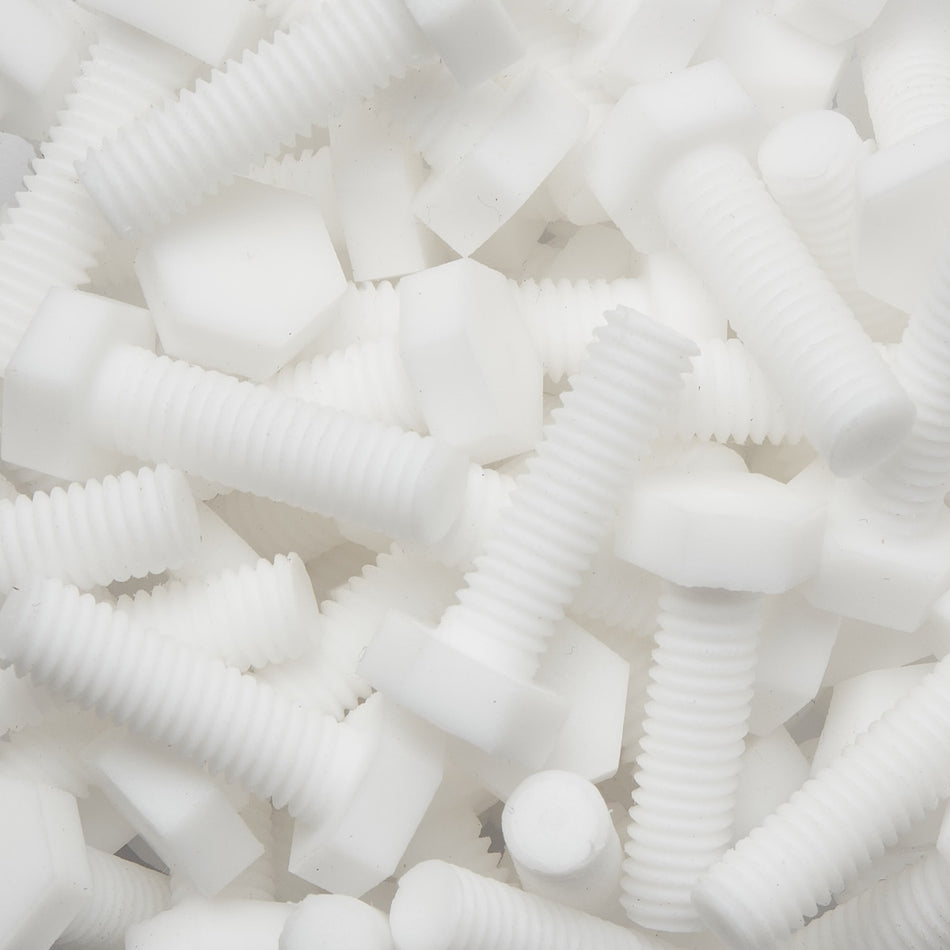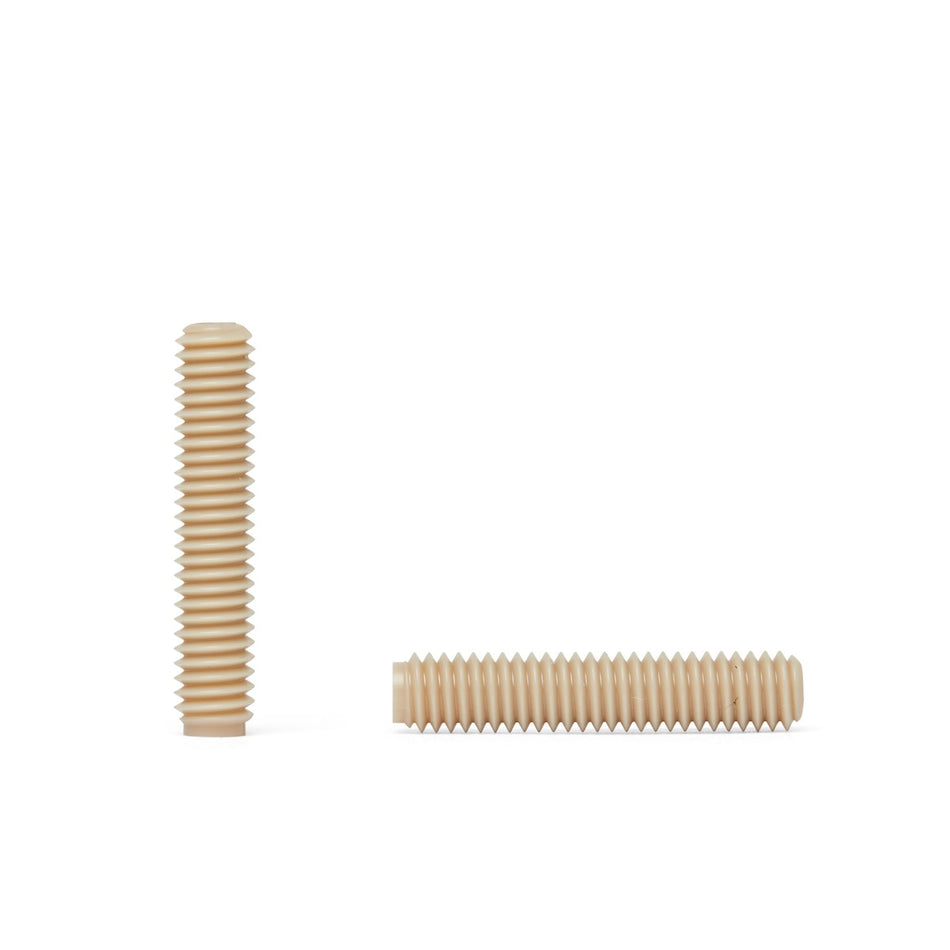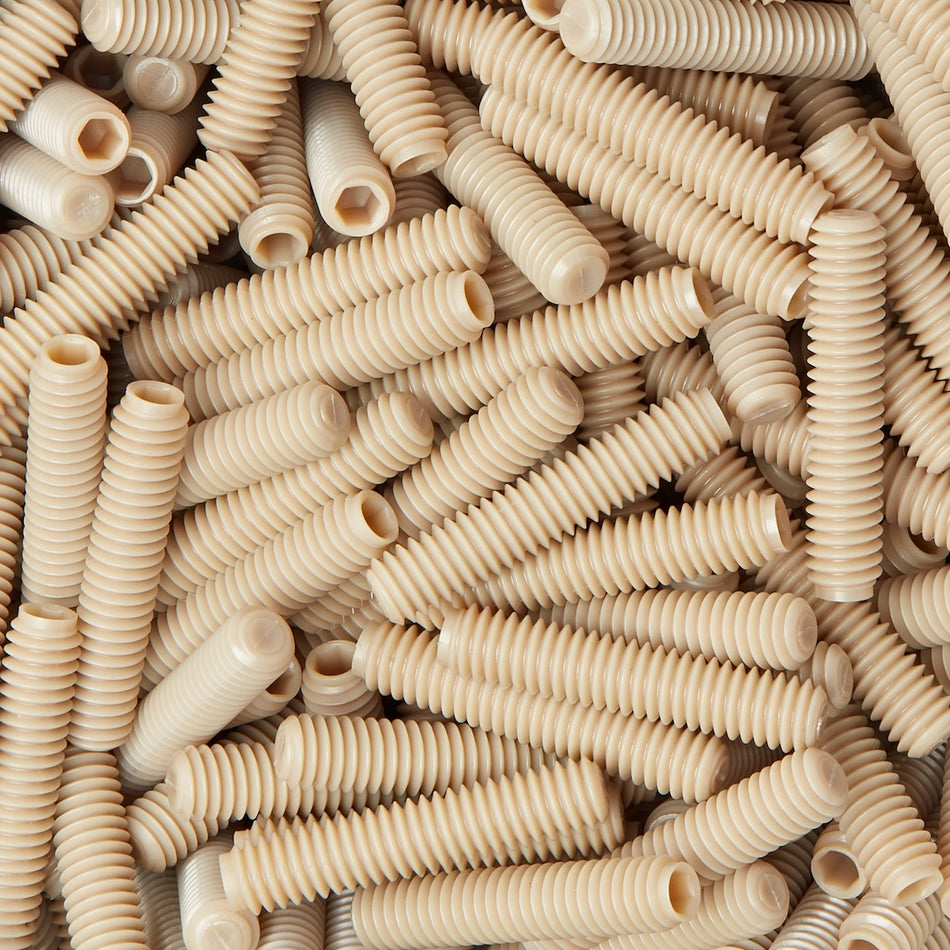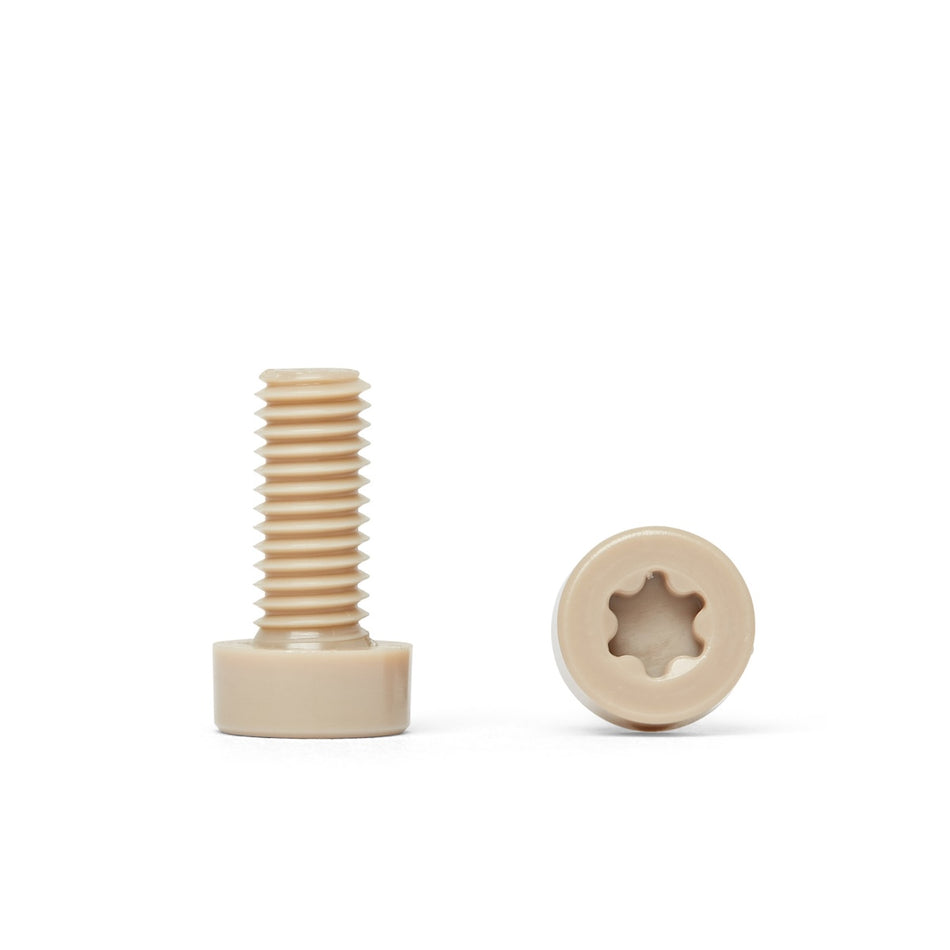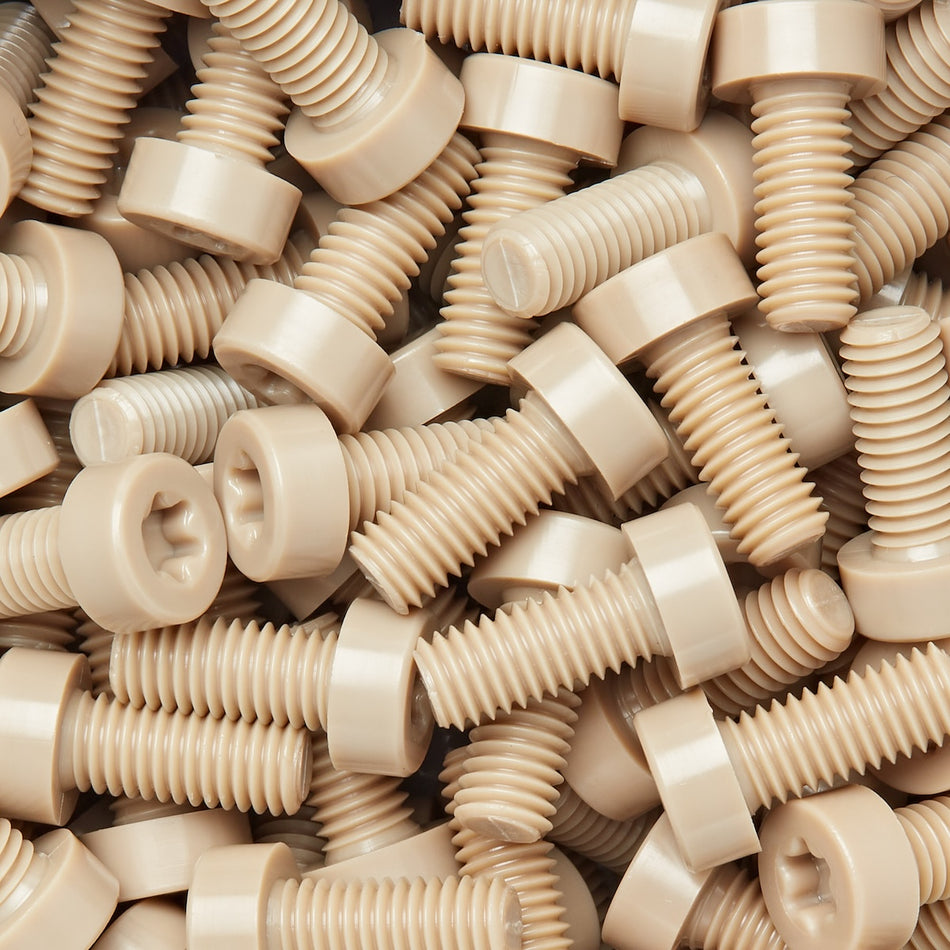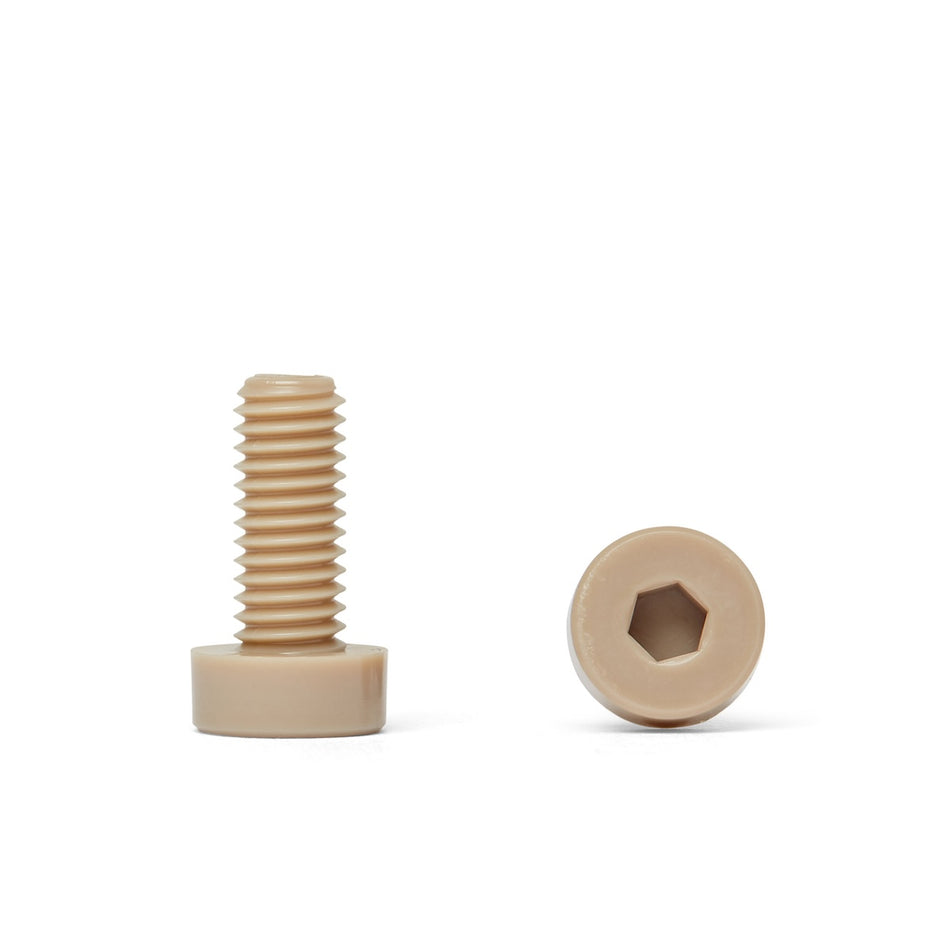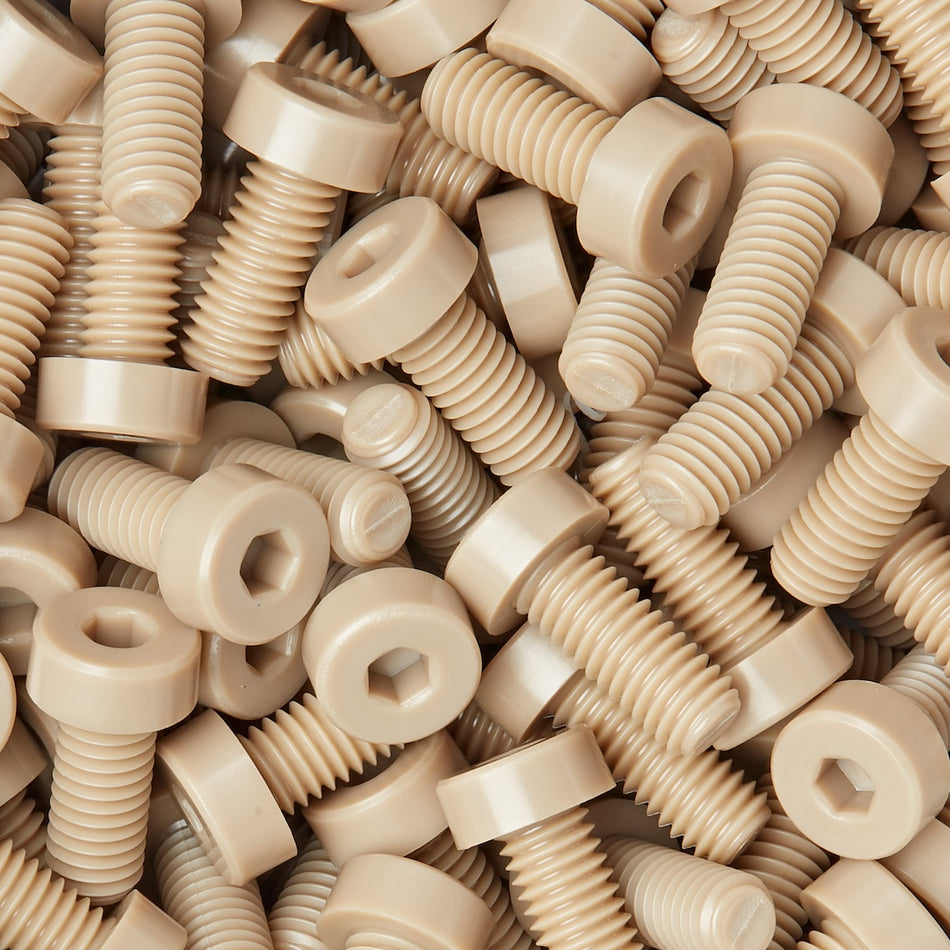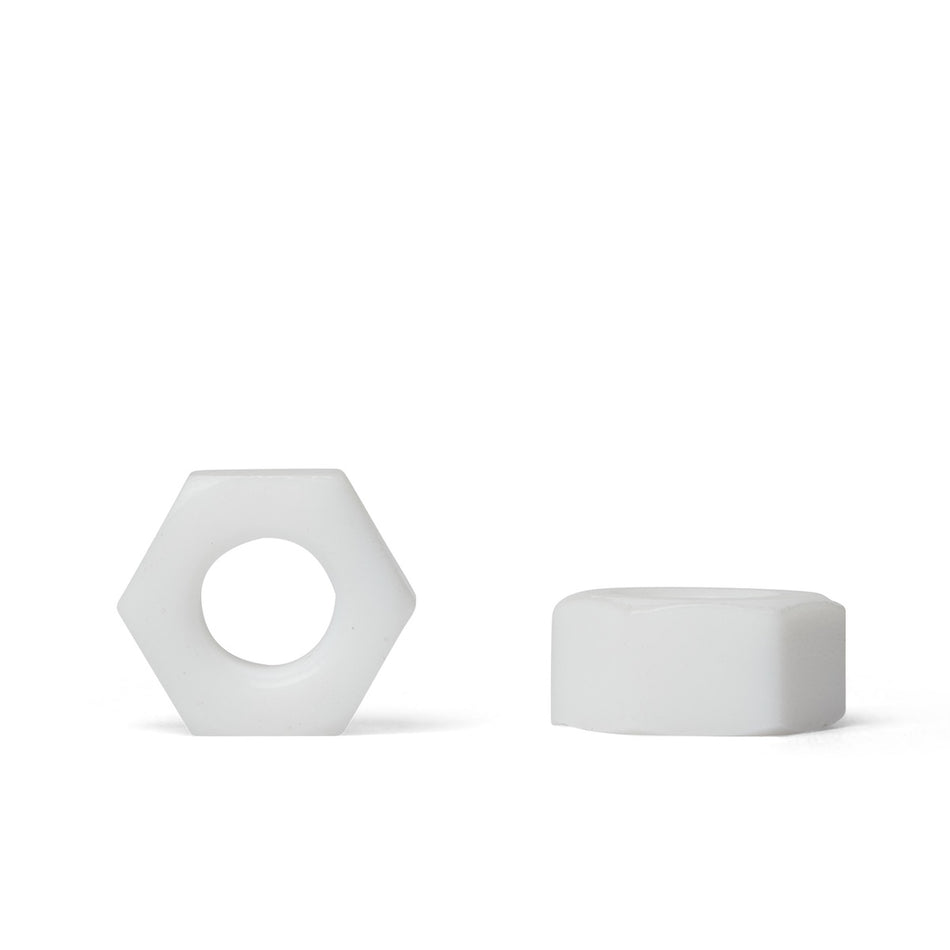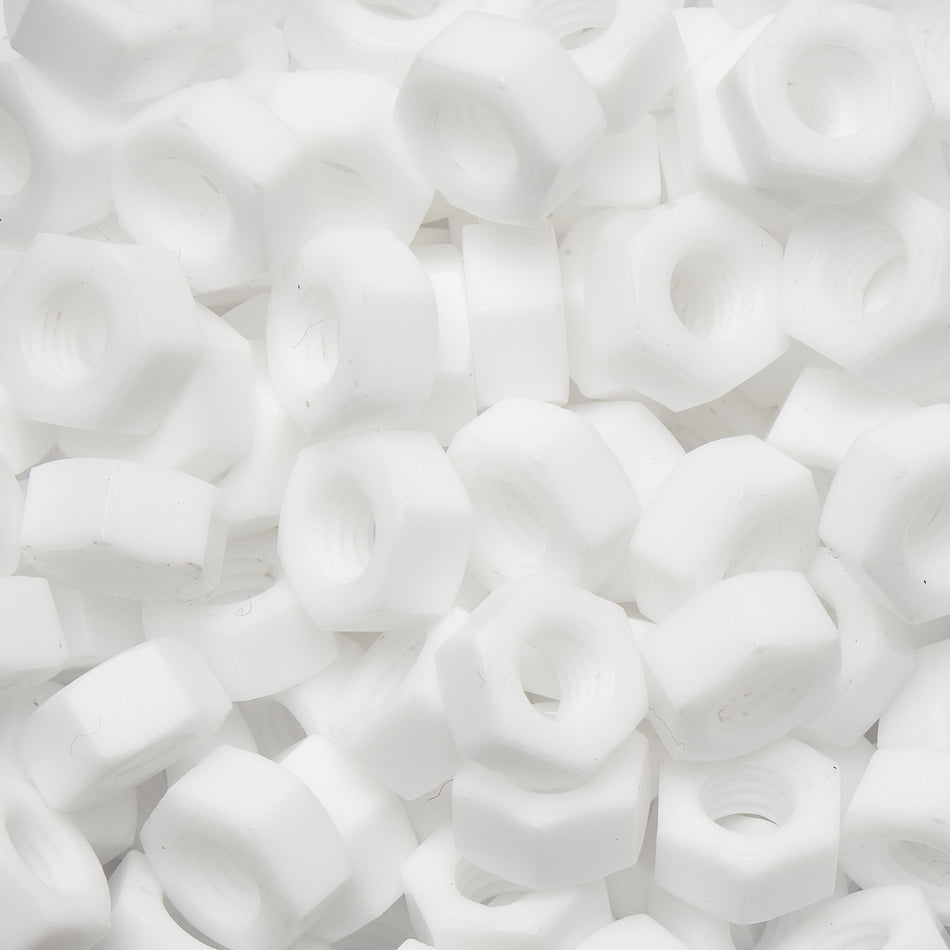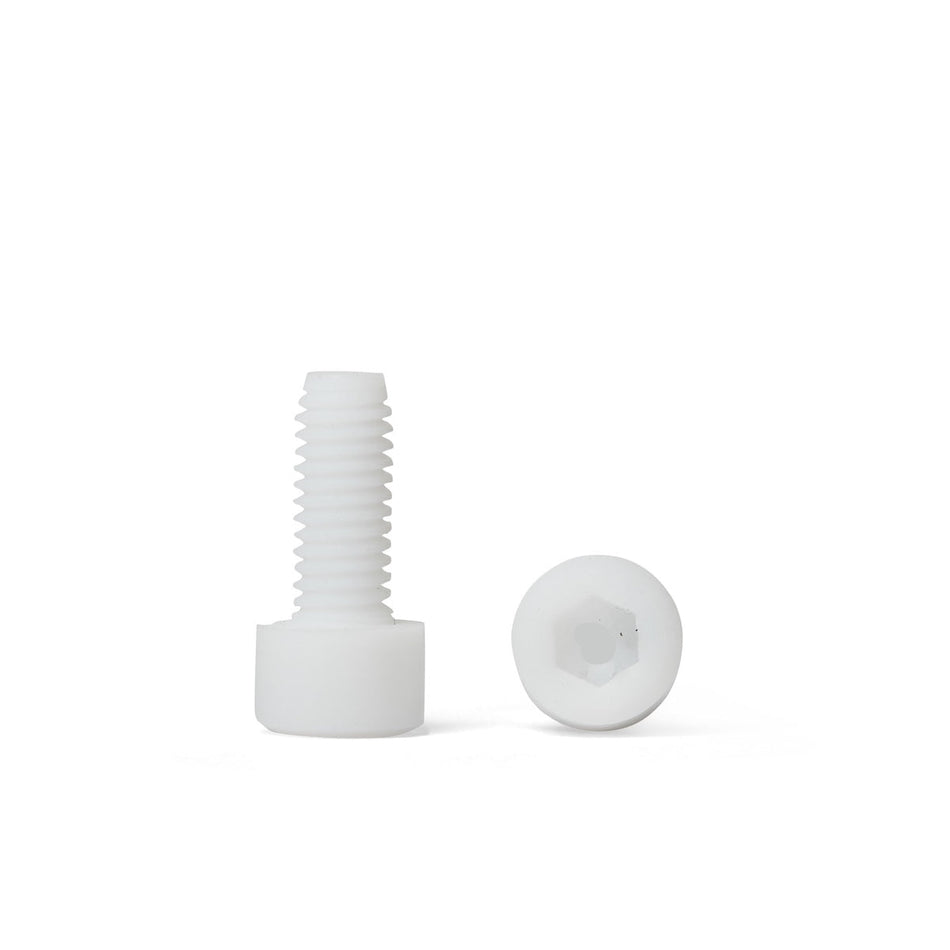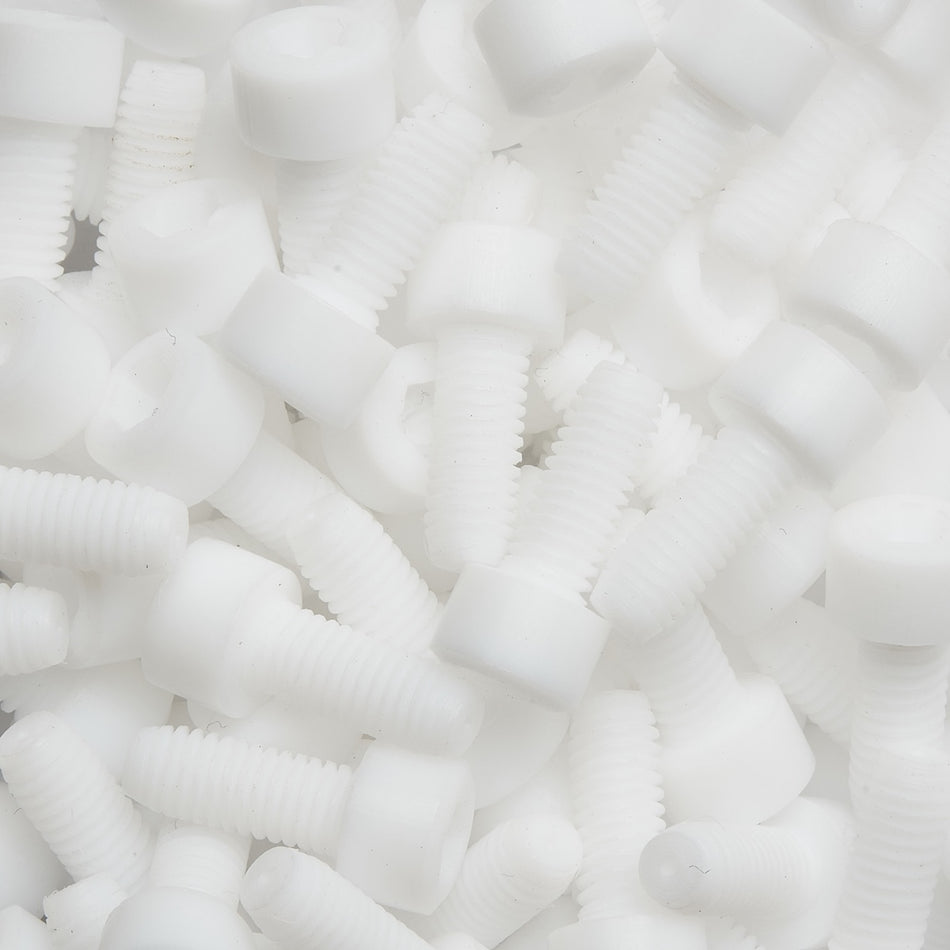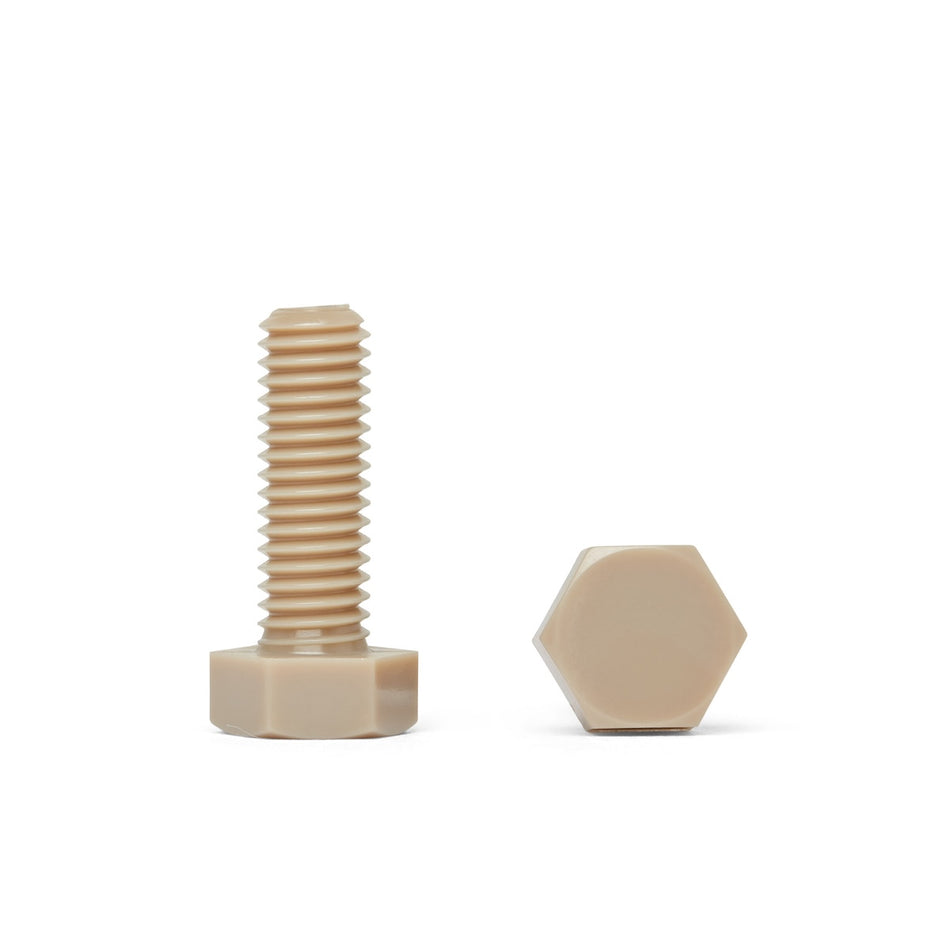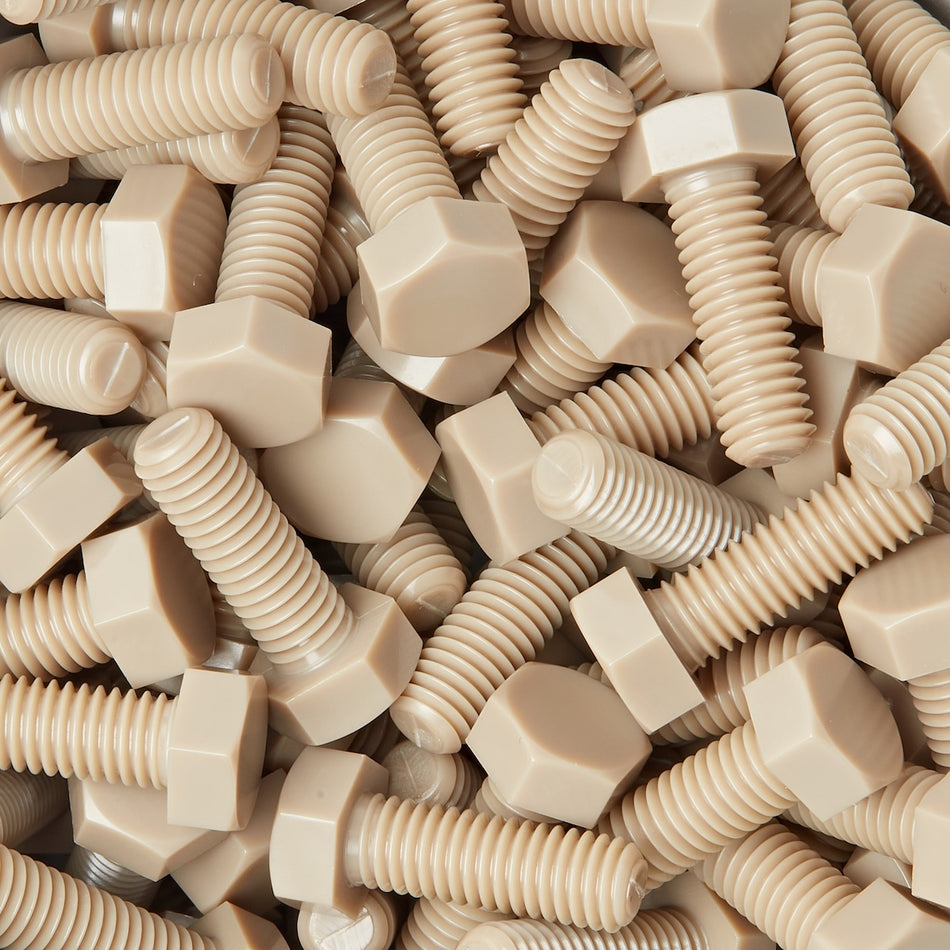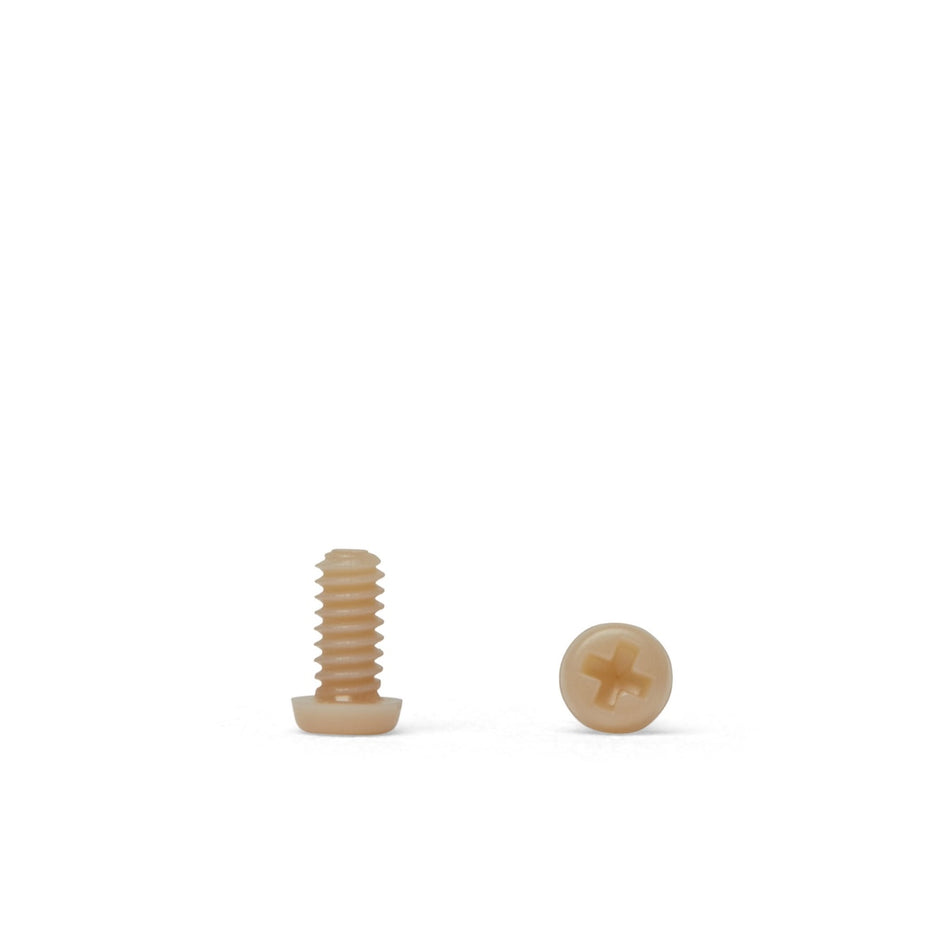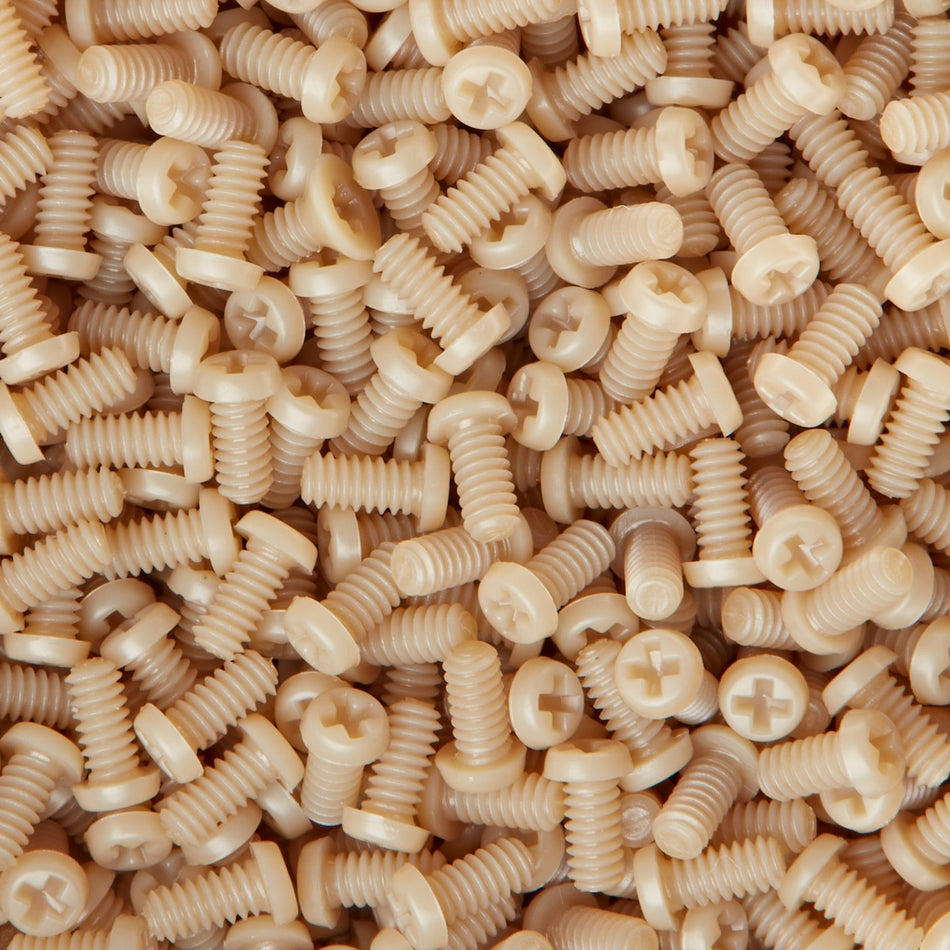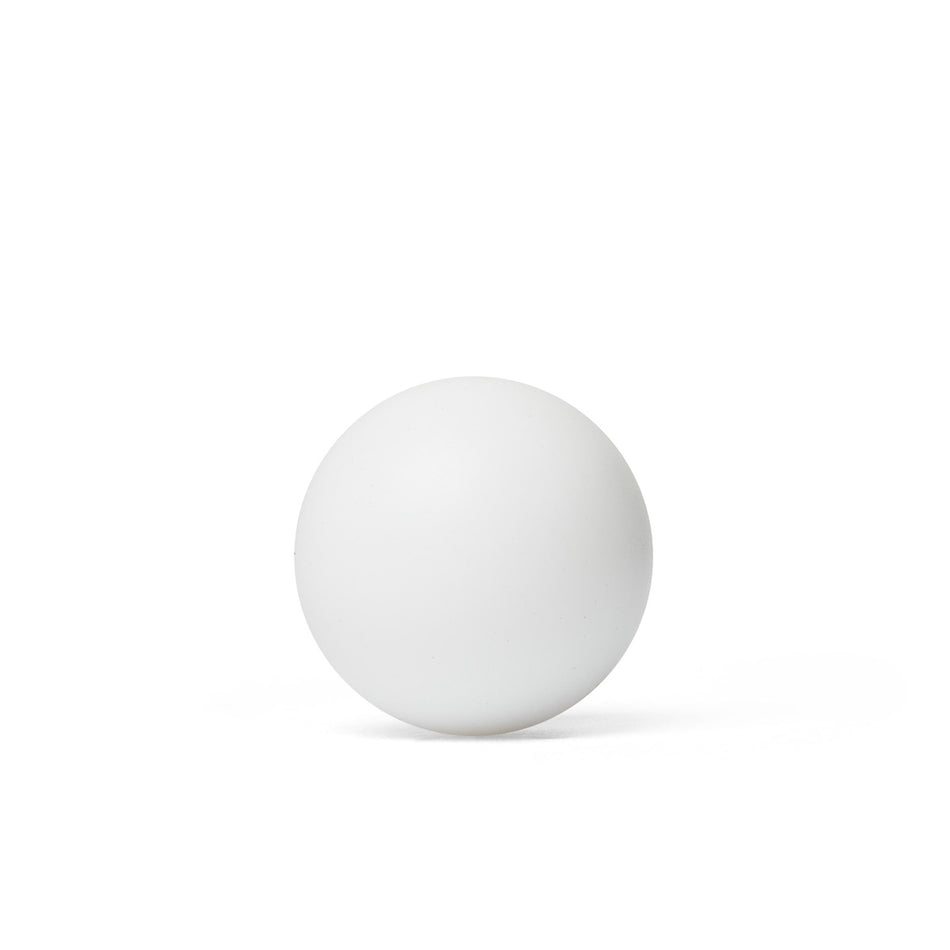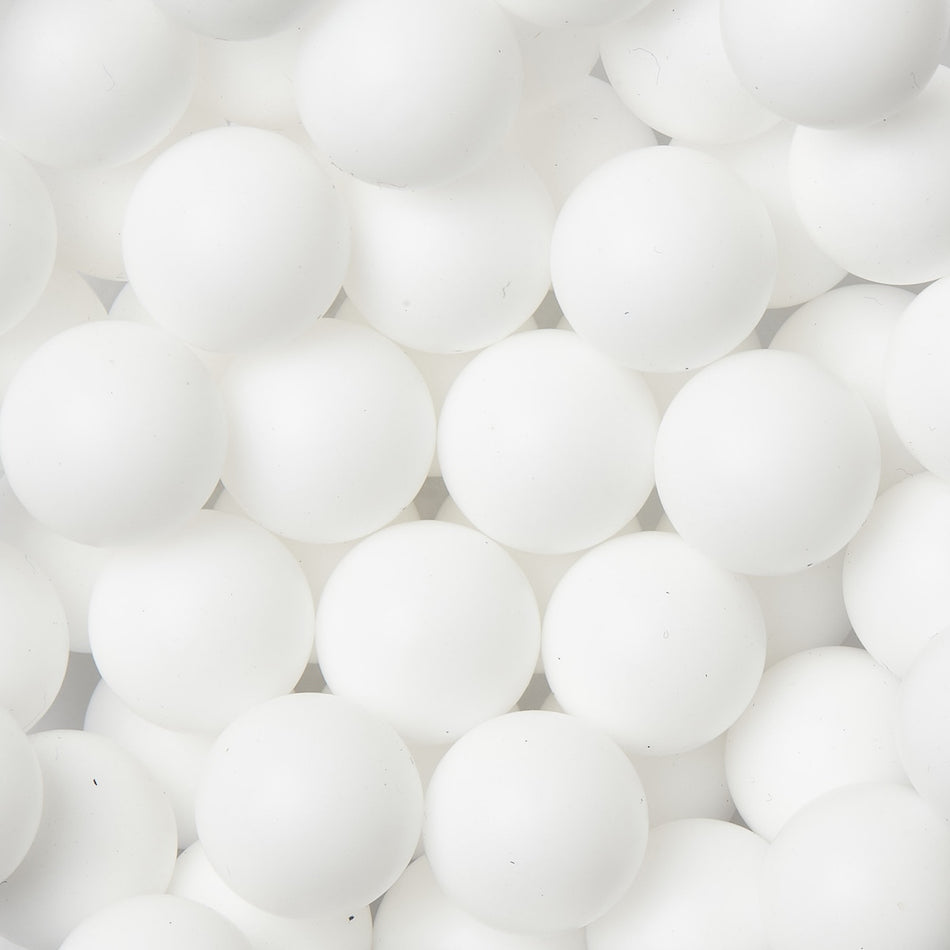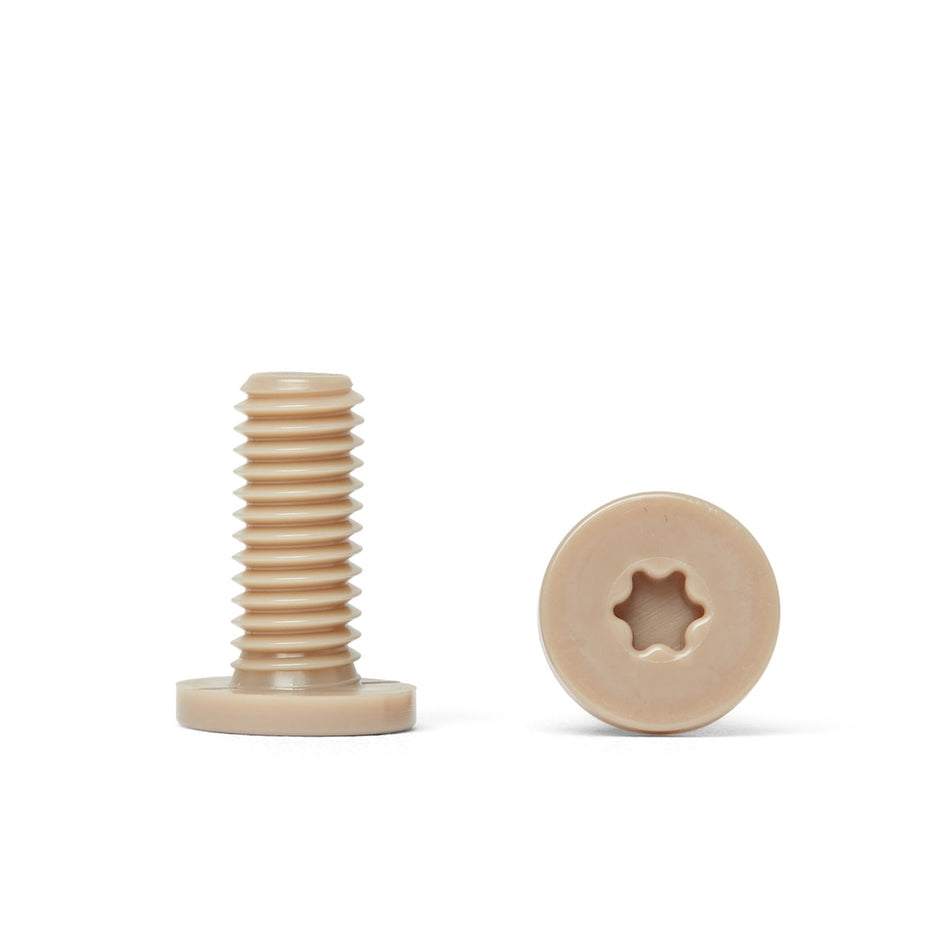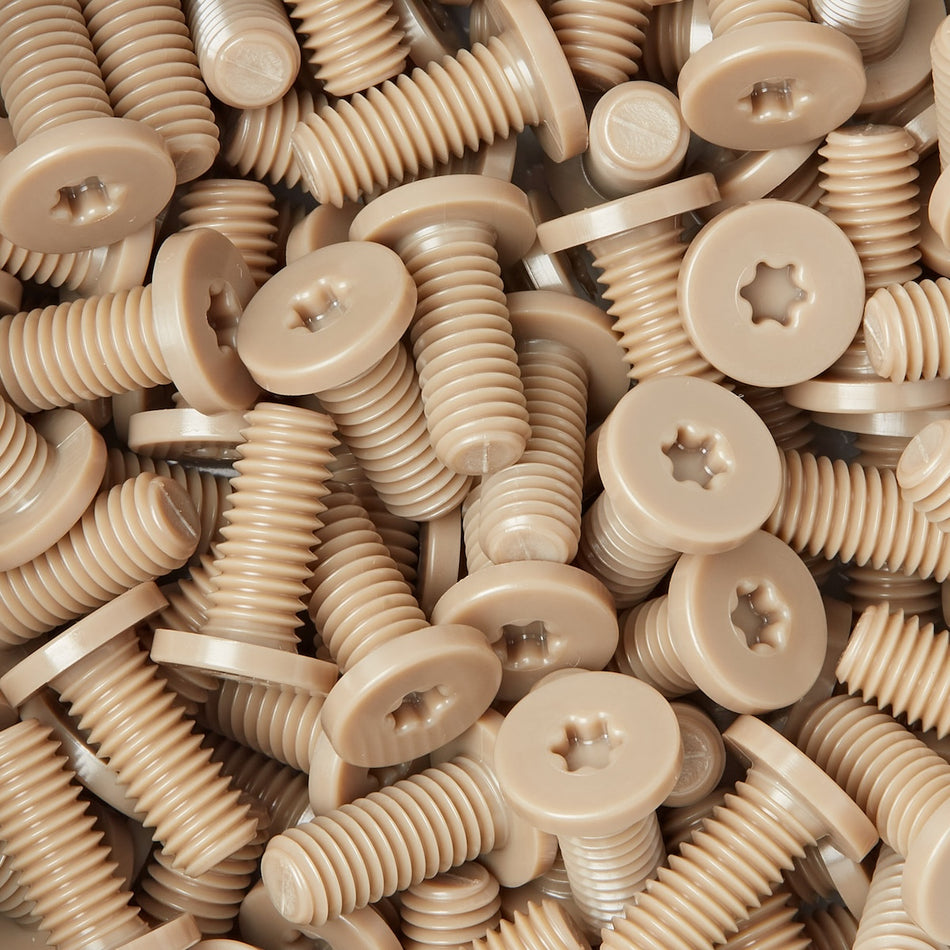104 Products

Medical Technology Polymer Screws, Nuts, Bolts, Washers, and Fasteners
Medical technology refers to the use of technology and scientific knowledge for the purpose of improving healthcare and medical treatment. This includes a wide range of technologies and techniques, from diagnostic and therapeutic devices, to information systems and software, to materials and drug delivery systems.
Some examples of medical technology include:
-
Diagnostic devices: These are used to identify and diagnose medical conditions, such as X-ray machines, ultrasound machines, and CT scanners.
-
Therapeutic devices: These are used to treat medical conditions, such as pacemakers, insulin pumps, and implantable defibrillators.
-
Information systems: These are used to store, retrieve, and analyze medical data, such as electronic health records (EHR) and clinical decision support systems.
-
Drug delivery systems: These are used to deliver medications to the body, such as inhalers, injectors, and patch systems.
-
Materials: These are used to create medical devices, such as polymers, metals, and ceramics.
Overall, medical technology plays a critical role in improving healthcare and medical treatment, and it continues to evolve and advance at a rapid pace.
Polymer fasteners, such as screws, nuts, bolts, and washers, can be used in medical technology for a variety of purposes. These fasteners may be used to hold components and devices in place, to attach components to larger structures, or to secure components to a substrate.
In medical technology, fasteners may be used to hold medical instruments, devices, and other equipment in place, or to secure devices to mounting systems. Fasteners may also be used to create electrical connections between components or to hold components in place while they are being fabricated or assembled.
Polymer fasteners are often used in medical technology because they are lightweight, strong, and corrosion resistant, and they can be easily fabricated using a variety of techniques. Polymer fasteners can also be made with specific mechanical and electrical properties to meet the needs of a particular application. For example, polymer fasteners can be made to be electrically conductive, insulating, or semi-conductive, depending on the needs of the application.
In addition to their functional properties, polymer fasteners can also be made with a variety of colors, textures, and shapes to meet the aesthetic needs of a particular application. This can be important in medical technology where appearance is important.
Overall, polymer fasteners can be a useful choice for use in medical technology due to their versatility, functional properties, and aesthetic appeal.

